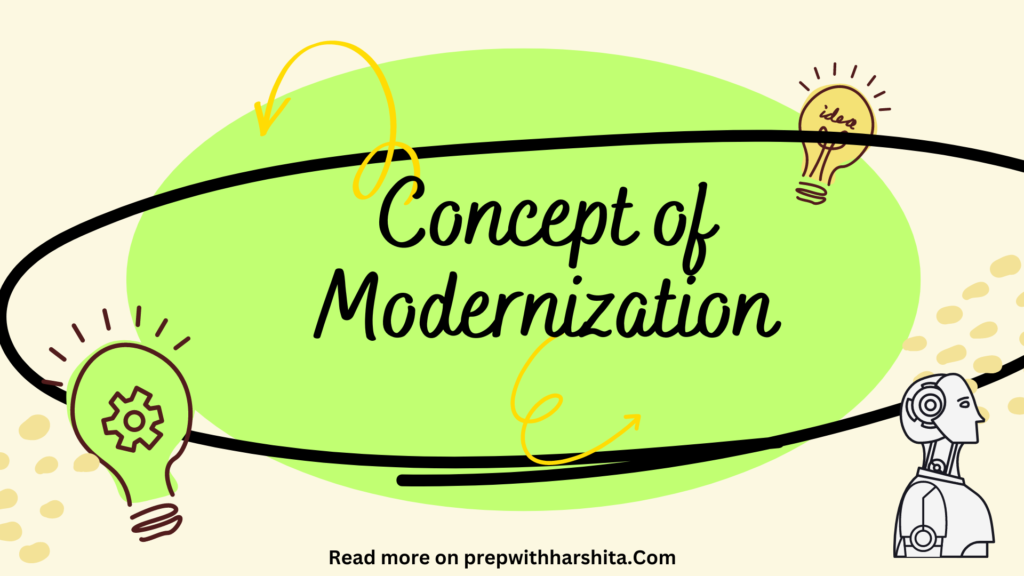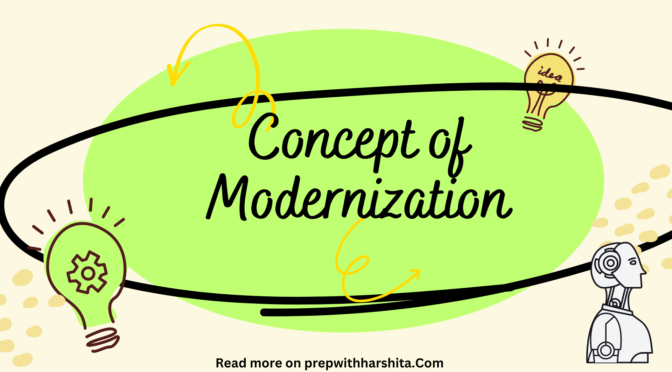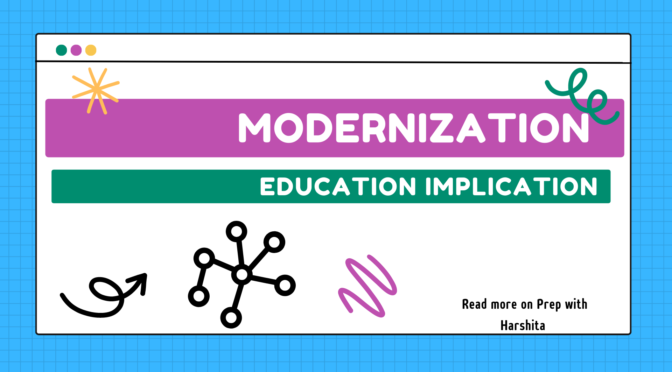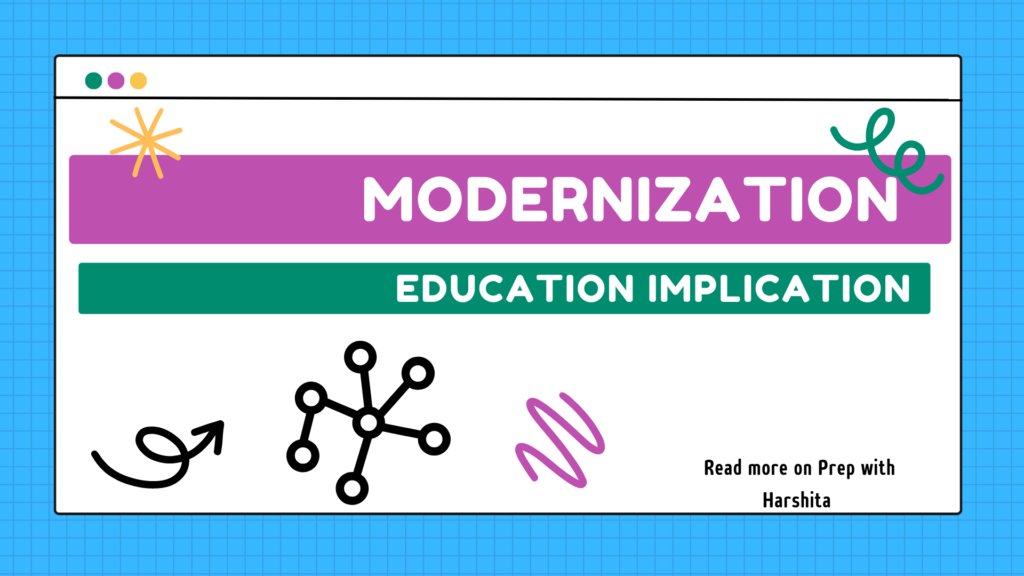Modernization refers to the process of adopting modern technologies, practices, and attitudes in various aspects of society. It involves the transformation of traditional or outdated systems, structures, and beliefs into more contemporary and progressive ones. The concept of modernization is closely tied to societal progress and development.
At its core, modernization seeks to bring about positive changes by embracing advancements in science, technology, and social organization. It involves the introduction and integration of new ideas, systems, and values that are deemed more efficient, rational, and beneficial for society. Modernization can occur in multiple spheres, including economic, political, cultural, educational, and technological domains.
In economic terms, modernization often involves the transition from agrarian or traditional economies to industrialized or service-oriented economies. This transition is characterized by the adoption of advanced technologies, improved production methods, increased trade and globalization, and the growth of urban centers. The goal is to enhance productivity, generate economic growth, and improve living standards.
Politically, modernization can entail the establishment of democratic governance structures, the rule of law, and the protection of individual rights. It may involve reforms in institutions, such as the legal system, bureaucracy, and public administration, to ensure more effective and transparent governance.
Culturally, modernization involves changes in social norms, values, and customs. It often accompanies urbanization and the influence of mass media, leading to shifts in lifestyle, consumption patterns, and cultural practices. This can include changes in family structures, gender roles, attitudes towards individualism, and the acceptance of diverse identities and lifestyles.
Technological modernization focuses on the adoption and utilization of new technologies to drive progress. This includes innovations in areas such as communication, transportation, healthcare, agriculture, and industry. Technological modernization aims to improve efficiency, productivity, and quality of life by harnessing the power of science and innovation.
Overall, the concept of modernization reflects the desire to improve and advance societies by embracing change, adopting progressive ideas, and utilizing modern tools and practices. While it can bring numerous benefits, it is important to consider the potential drawbacks and challenges associated with modernization, such as social inequalities, cultural erosion, and environmental impacts. Striking a balance between preserving valuable aspects of traditional systems and embracing appropriate aspects of modernization is crucial for sustainable and inclusive development.
Also Read: Economic Reforms and Education

Also visit: Prep with Harshita



